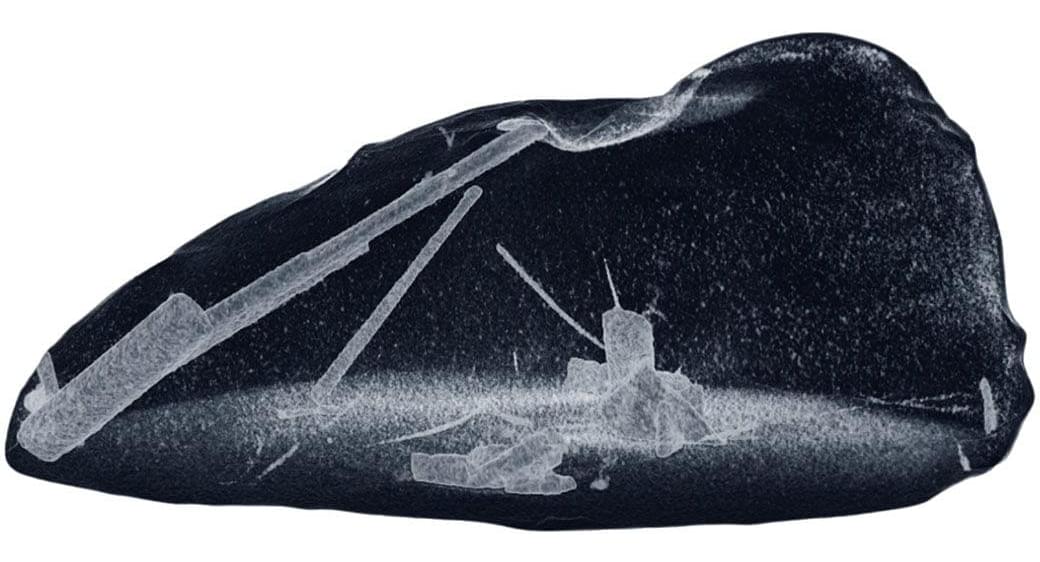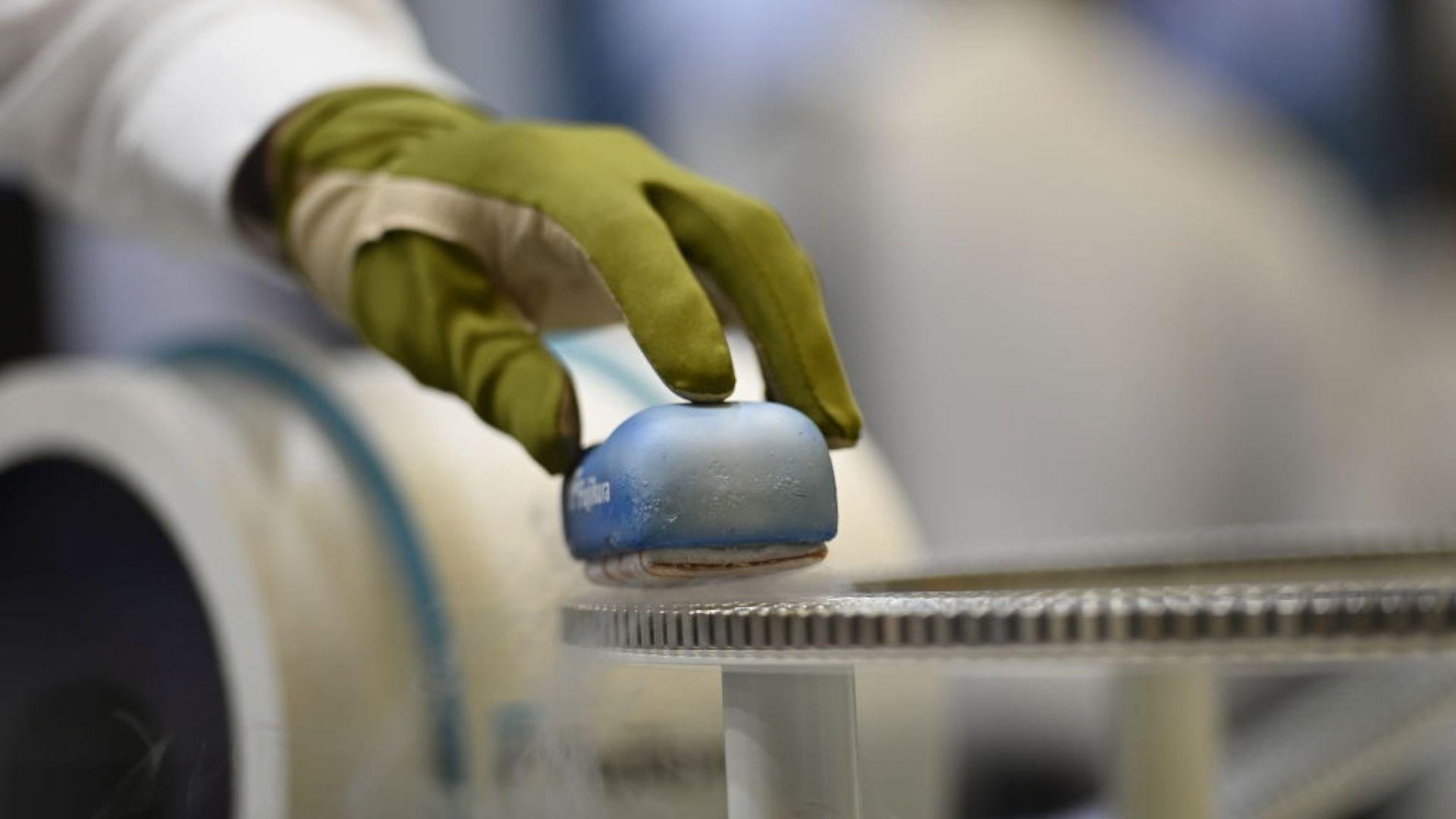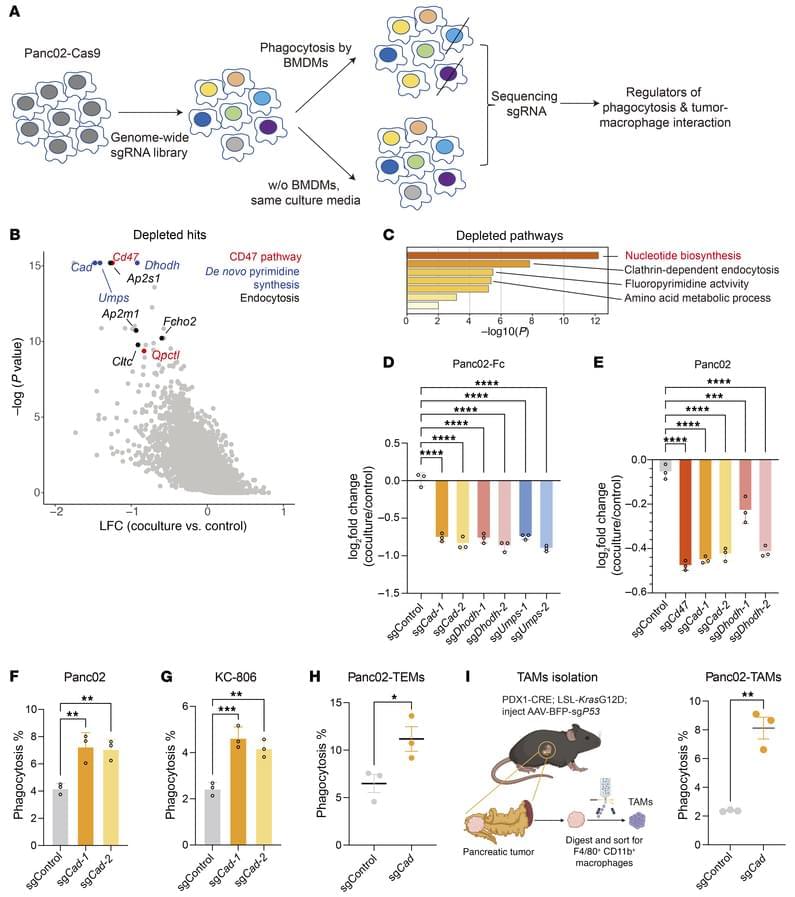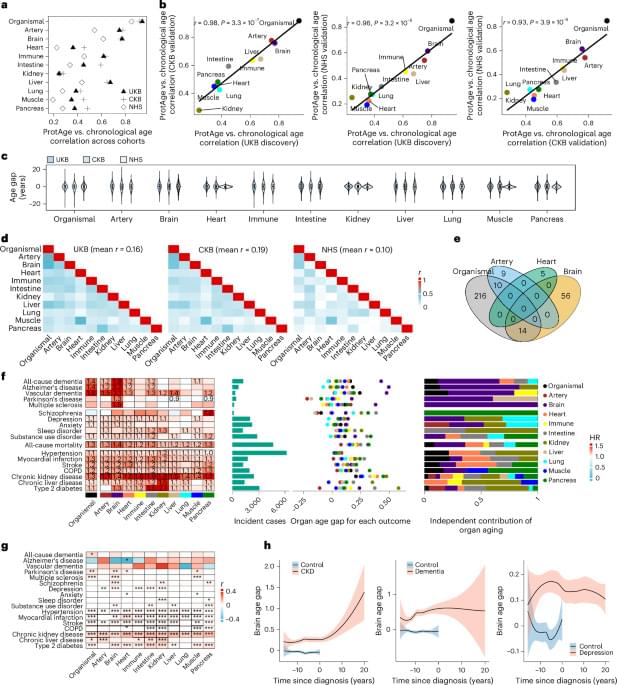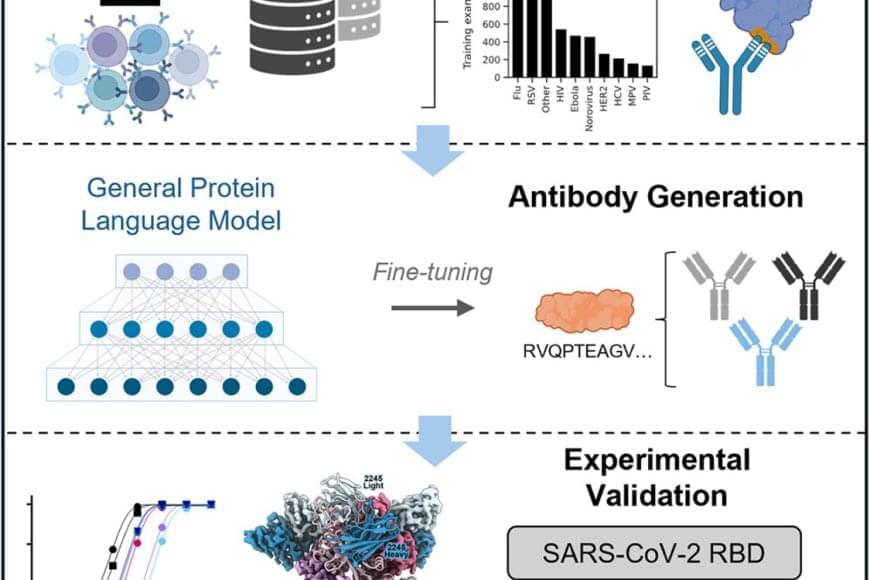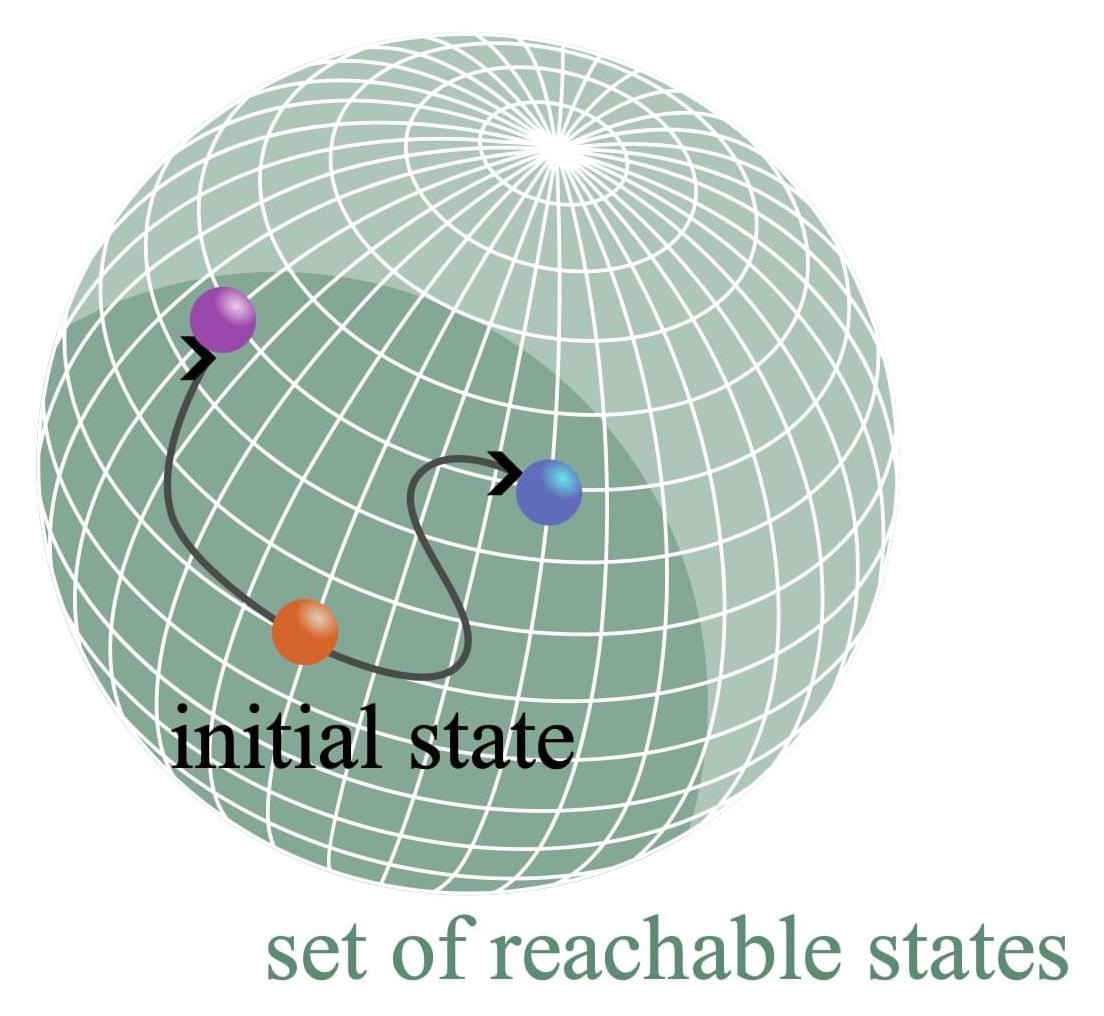Quantum thermal machines are devices that leverage quantum mechanical effects to convert energy into useful work or cooling, similarly to traditional heat engines or refrigerators. Thermodynamics theory suggests that increasing the reliability with which all thermal machines produce the same thermodynamic processes in time comes at a cost, such as the wasted heat or the need for extra energy.
Drawing from theories and concepts rooted in thermodynamics, physicist Yoshihiko Hasegawa at the University of Tokyo recently set out to pinpoint the limits that would constrain the precision of finite-dimensional quantum thermal machines. In a recent paper, published in Physical Review Letters, he delineates these limits and shows that quantum coherence could reduce fluctuations, improving the accuracy of quantum thermal machines.
“Thermodynamic uncertainty relations have clarified an important ‘no free lunch’ principle: if you want an operation to be more precise, you must pay more thermodynamic cost, i.e., entropy production,” Hasegawa told Phys.org. “However, those thermodynamic uncertainty relations do not forbid, in principle, pushing entropy production arbitrarily high.
